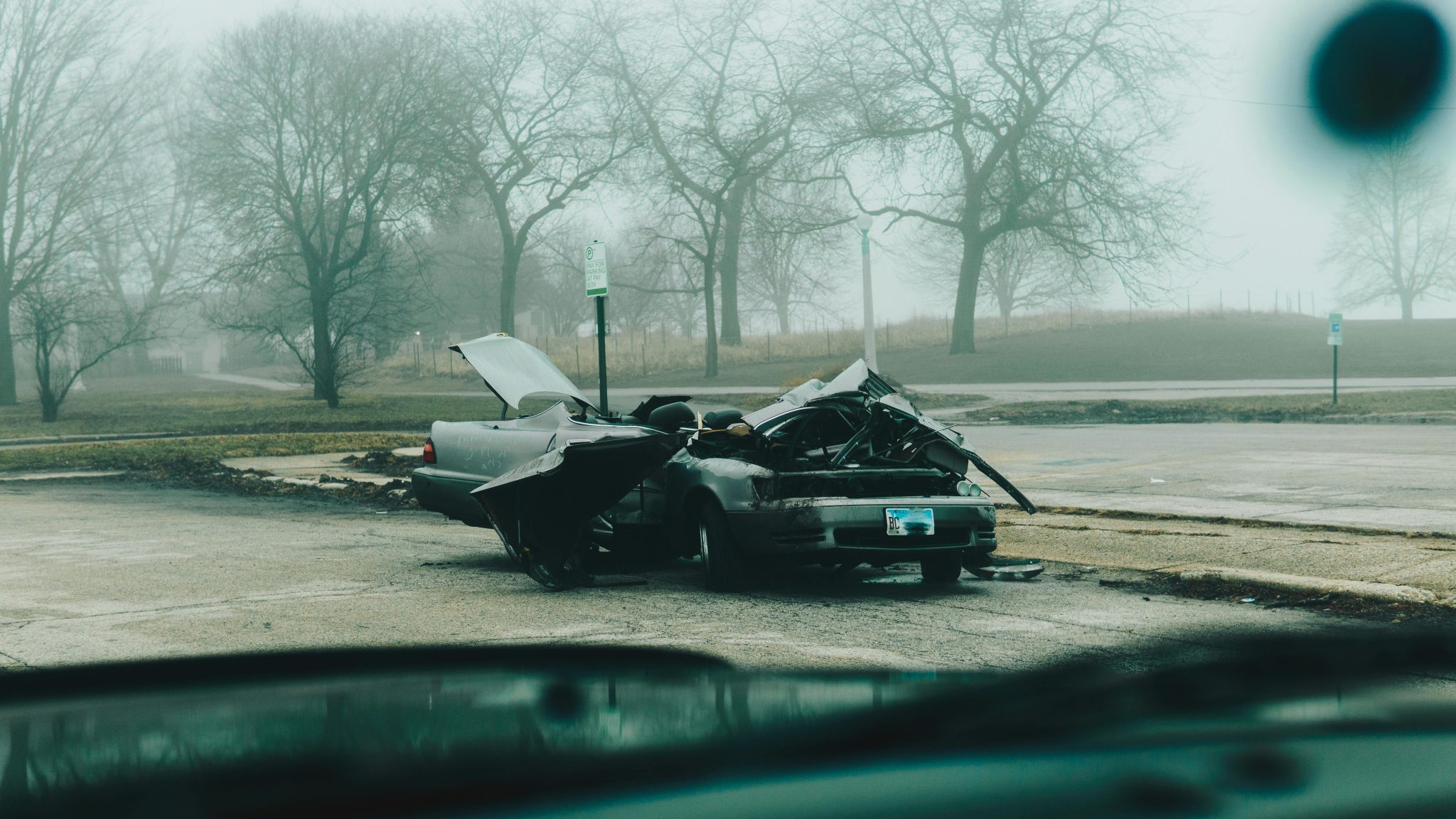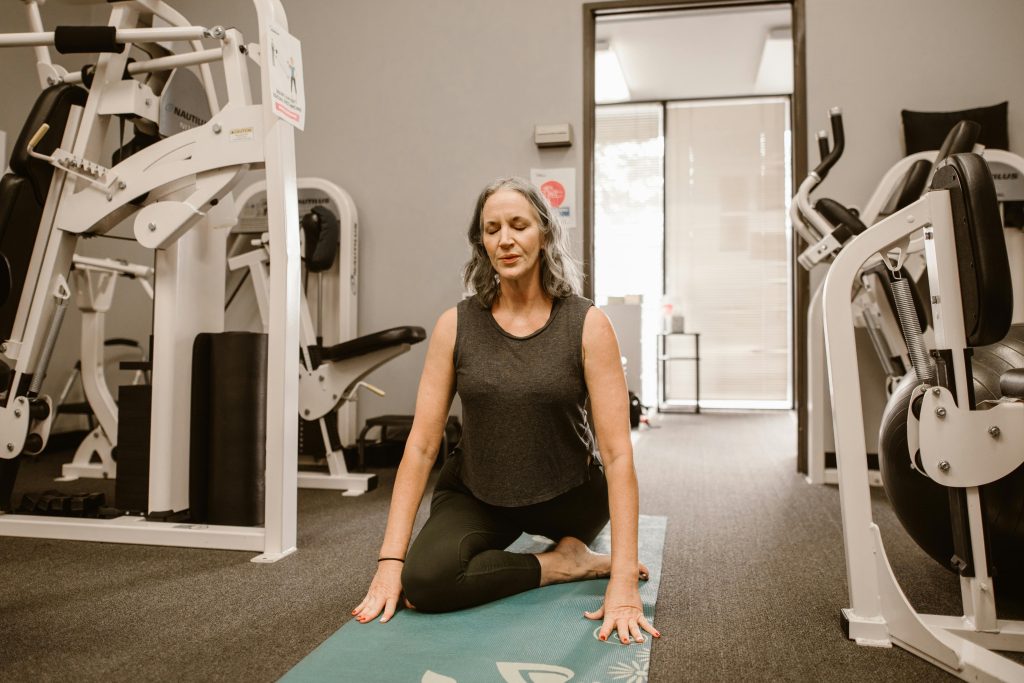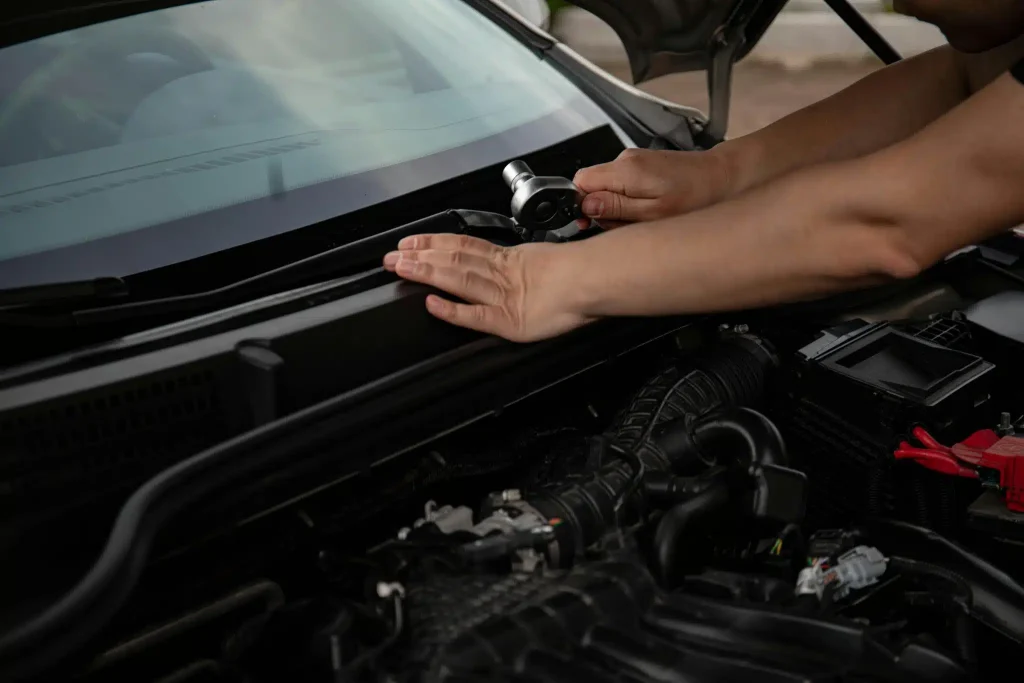After a car accident, knowing the right steps to take can make all the difference in protecting your rights and securing fair compensation. If you are in this stressful situation, turning to top rated Missouri auto accident attorneys Beck & Beck Missouri Car Accident Lawyers can provide much-needed guidance and support.
Roads can be unpredictable, and accidents often leave victims feeling overwhelmed, unsure of how to proceed with insurance claims, medical bills, or legal matters.
Whether dealing with minor injuries or more serious consequences, knowledgeable legal assistance and familiarity with the laws ensure your case is handled effectively. Expert firms understand drivers’ challenges and work tirelessly to help accident victims navigate the complexities after a crash.
From gathering evidence to negotiating with insurers, their local expertise is a vital resource for anyone seeking justice after a car accident.
Ensure Safety First
Safety is always the first thing to focus on when an accident happens. Look and see if you or the passengers are hurt. If anyone is injured, contact an ambulance service immediately. If possible, move vehicles off the roadway while avoiding blocking traffic flow. Turn on hazard lights to warn others.
Contact Emergency Services
No matter how serious the accident, it is crucial to call the police. They will write an incident report, which you may also need for insurance. Only discuss the fault when the officers arrive.
Exchange Information
Gathering input from all parties is an essential step. Exchange insurance details, contact details, and names. Note the make, model, and license plate numbers of all vehicles involved. If there are witnesses, collect their information as well. Such information is essential for any future claims or lawsuits.
Document the Scene
Capture photos of the accident from different angles. Document the location of vehicles, visible damages, and surrounding circumstances. These pictures would prove your case if there are any disputes. Also, record some information on the incident, like when and where it took place, and the weather conditions.
Seek Medical Attention
Even if the injuries appear minor, you must get treated to be safe. Some injuries aren’t as evident as others. They can evaluate what is wrong, write notes, and provide treatment as needed. Medical records are the foundation of any later claims, after all.
Notify Your Insurance Provider
Call your insurance provider to report the accident as soon as you can. Give them relevant information and facts about what you gleaned from the scene. A prompt notification facilitates smoother claims processing. Be truthful in recounting the events; discrepancies can influence the results.

Understand Your Insurance Coverage
Know your insurance policy well. Understanding what is included can help offset the anxiety of managing damages and health bills. It is vital to contact your insurance representative to clarify any doubts about coverage limits and procedures.
Consider Legal Advice
Sometimes, seeking legal advice may be warranted. This step is critical if there are disputes about fault or if there is a thought of taking legal action. A lawyer can help and advocate for you and ensure you receive fair treatment.
Keep Records Organized
Keep a folder of all documents related to the accident, including police reports, medical records, insurance correspondence, and repair estimates. This will make any future processes easier and provide a clear timeline of events.
Manage Repair and Recovery
After dealing with short-term concerns, take care of your car and your injuries. Select a proper repair shop for inspections and repairs. This means you should follow medical recommendations to help you recover and ensure you will be in shape for a long period.
Reflect on Driving Habits
In hindsight, after you have experienced an accident, looking back on driving behaviors can be helpful. If you are uncertain about your skills or safe-driving confidence on the road, consider taking a defensive driving course. Be prepared to drive sober. Safe driving practices not only protect oneself from an accident, but they also make the roads safer for everyone else.
Plan for Future Emergencies
Being prepared for an emergency can alleviate stress. Store emergency supplies in the car: Your vehicle should have an emergency kit that can include first aid items, contact information, and other emergency supplies. Awareness and preparation for surprises will help remove some of the panic from critical situations.
Conclusion
Getting involved in a car accident is not easy. However, knowing what to do next could reduce stress and uncertainty. In short, the best way to deal with the fallout is to ensure you are safe, collect information, and sort out insurance and legal matters quickly and smoothly.
Top-notch healthcare and counseling make for a full recovery. Being prepared is the key to an easy-to-follow plan, paving the way for a smooth ride and a safer security experience once on the road.




















